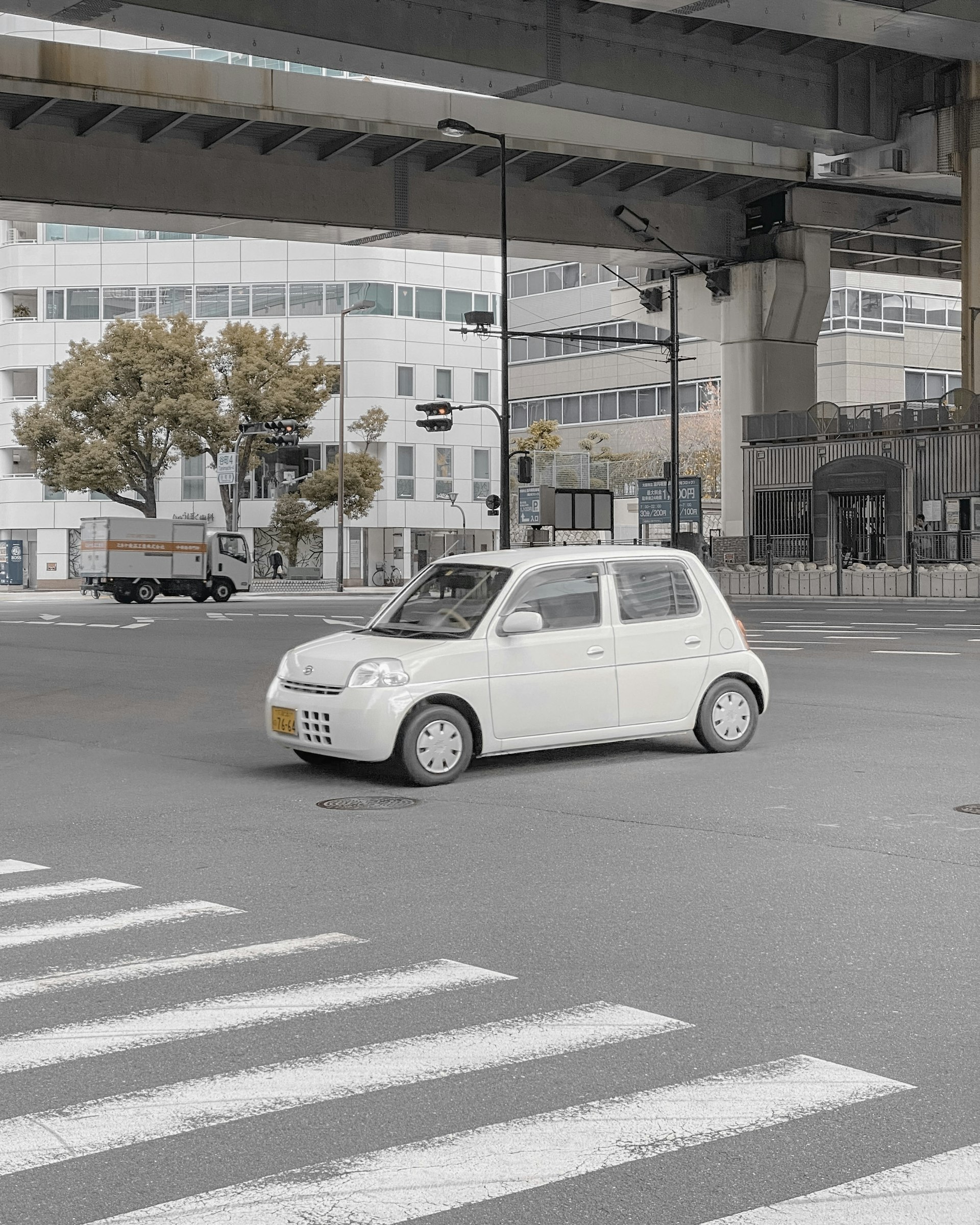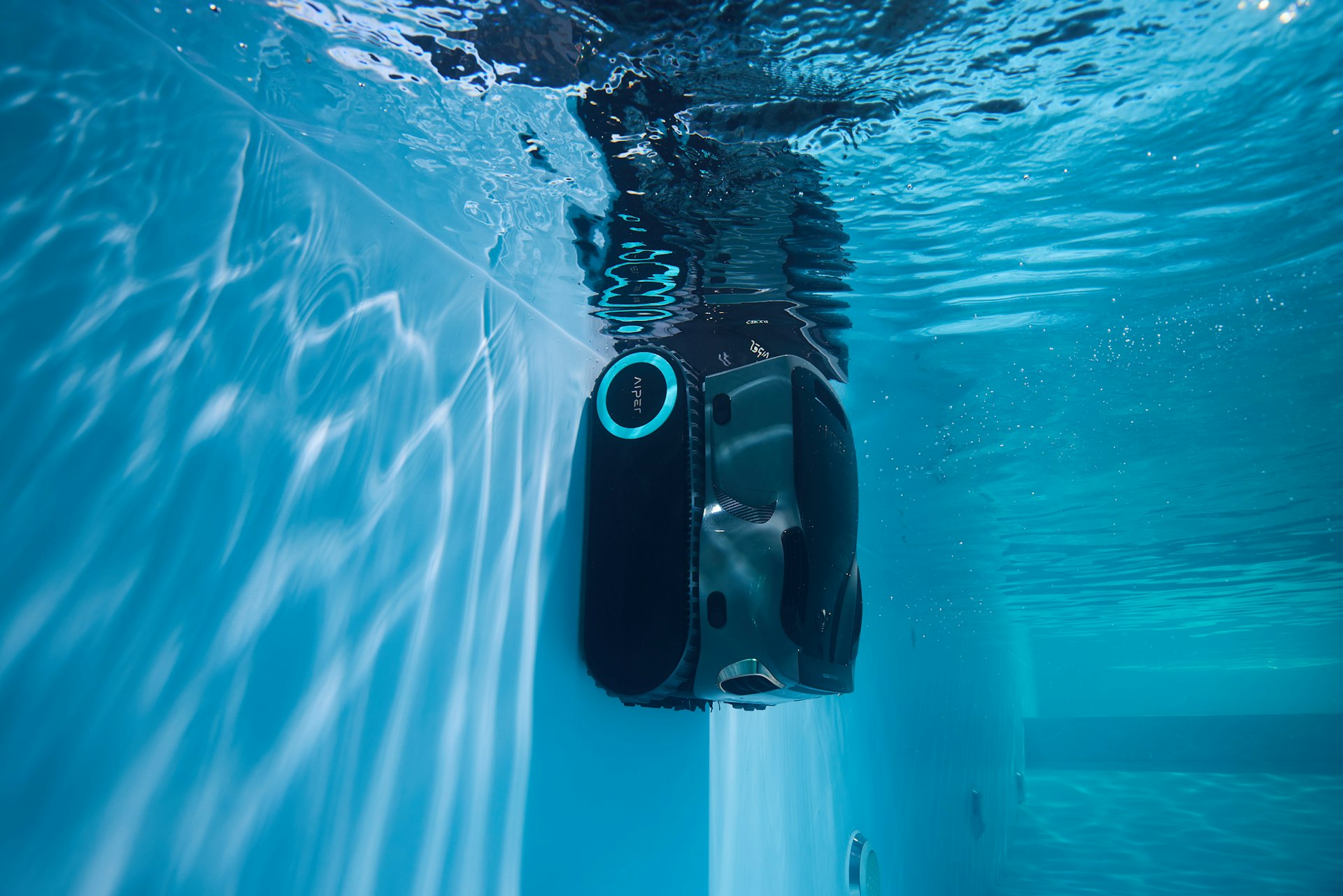How Artificial Intelligence Is Transforming Automotive Marketing in 2025

Photo by Arthur Humeau on Unsplash
Introduction: The AI Revolution in Automotive Marketing
Artificial intelligence (AI) is rapidly reshaping the landscape of automotive marketing. As we enter 2025, the industry faces new challenges and unprecedented opportunities that demand smarter, more adaptive digital strategies. From streamlining lead engagement to predicting consumer behavior, AI is not just an added tool-it’s becoming essential for automotive brands, dealerships, and service providers striving to remain competitive and relevant in a fast-evolving marketplace. [1]

Photo by C Joyful on Unsplash
AI-Powered Lead Generation and Engagement
One of the most significant impacts of AI in automotive marketing is in lead generation and engagement. Traditional follow-up methods often result in lost opportunities due to slow response times or inconsistent communication. With the adoption of AI-driven Customer Relationship Management (CRM) systems and digital agents, dealerships can now respond to inquiries instantly, schedule appointments, and maintain consistent engagement with prospects-day or night. [3]
For example, AI-powered tools like Ava AI, Conversica, and VinSolutions use natural language processing to answer questions, nurture cold leads, and even recover stalled communications. This technology is especially valuable for independent dealerships with limited staff, acting as a 24/7 assistant that never tires or forgets to follow up. Dealers using these platforms report increased appointment rates and higher close ratios, demonstrating the quantifiable benefits of automated engagement. [3]
How to Implement AI Lead Engagement in Your Dealership
To get started with AI-powered lead engagement, consider these steps:
- Identify CRM vendors that offer AI integration and compare their features, such as automated follow-ups and multi-channel communication.
- Request product demos and case studies showing tangible improvements in lead conversion.
- Train your sales team to work alongside AI tools, ensuring seamless human-to-bot collaboration.
- Monitor key performance indicators like response time, appointment set rates, and closed sales to measure ROI.
You can find reputable CRM providers by searching for “AI automotive CRM vendors” or by consulting with established dealer technology partners in your region.
Personalization and Predictive Analytics
AI is also revolutionizing how automotive marketers understand and anticipate customer needs. By analyzing massive datasets-ranging from online browsing behavior to past purchase history-AI enables hyper-personalized marketing campaigns. These campaigns deliver tailored content, offers, and messaging to individual shoppers, dramatically increasing engagement and conversion rates. [1] Predictive analytics, powered by platforms like Power BI, help marketers anticipate demand shifts, optimize inventory, and plan smarter promotional strategies. [2]
For instance, automotive giant General Motors leverages AI to analyze customer interactions and sales data, enabling real-time adjustments to marketing and production. This ensures that vehicles with high-demand features are promoted and manufactured efficiently, meeting consumer expectations and maximizing sales opportunities. [5]
Getting Started with AI Personalization
To implement AI-based personalization:
- Integrate analytics platforms that offer predictive modeling and customer segmentation capabilities.
- Work with digital marketing agencies experienced in automotive AI to design and test targeted campaigns.
- Regularly review campaign performance and adjust targeting criteria based on data-driven insights.
Many established agencies and technology providers can help you deploy these solutions. Search for “automotive AI marketing agencies” or consult automotive industry technology expos for the latest innovations.
Content Creation and Automation
Creating high-quality, relevant content at scale has long been a challenge in automotive marketing. AI-driven generative tools, such as ChatGPT and Claude, enable marketers to produce compelling copy, personalized emails, and even creative assets in a fraction of the time it once took. [1] Automation streamlines repetitive tasks, from scheduling social media posts to managing digital ad spends, freeing human marketers to focus on strategy and creative direction.
However, it’s important to balance automation with authenticity. Brands that use AI to amplify their unique voice while maintaining a human touch are more likely to build trust and emotional connection with their audience. Over-automation or generic messaging can alienate potential buyers, so periodic human oversight is essential.
Best Practices for AI Content Automation
To maximize the benefits of AI-powered content creation:
- Use AI tools to draft and personalize content, but always review and edit for brand consistency.
- Automate routine scheduling and analytics reporting to save time.
- Solicit feedback from customers to refine messaging and ensure it resonates.
Explore content automation platforms by searching “AI content creation tools for automotive marketing” and reviewing product comparisons from established technology review sites.
Programmatic Advertising and Omnichannel Strategies
AI is now at the core of programmatic advertising, enabling marketers to optimize ad placements, bids, and creative assets in real time. By analyzing consumer behavior and adjusting campaigns on the fly, AI helps maximize return on ad spend and ensures marketing messages reach the right audience at the right moment. [2]
Combining AI with omnichannel marketing strategies allows automotive brands to create a seamless, integrated experience across websites, social media, email, and even in-person events. As consumers move between devices and platforms, AI tracks their journey, ensuring consistent messaging and higher engagement.
How to Implement Programmatic and Omnichannel Campaigns
Practical steps include:
- Partner with digital advertising agencies that specialize in automotive programmatic campaigns.
- Leverage AI tools for real-time audience targeting and bid management.
- Ensure your marketing assets are adaptable for multiple platforms and devices.
If you’re unsure where to start, look for agencies with case studies in automotive omnichannel marketing or consult industry publications for reviews of leading programmatic platforms.
Challenges and Responsible AI Use
While AI offers extraordinary potential, implementation is not without challenges. Data privacy concerns, algorithmic bias, and the risk of depersonalized customer interactions require careful management. Automotive marketers must ensure compliance with privacy regulations and maintain transparency about data usage. Additionally, ongoing human oversight is necessary to check for unintended biases or errors in AI-driven campaigns. [1]
To address these challenges:
- Establish clear data governance policies and train staff on privacy best practices.
- Regularly audit AI outputs for accuracy and inclusivity.
- Keep lines of communication open with customers regarding data collection and usage.
Accessing AI-Driven Marketing Solutions
For dealerships and automotive marketers interested in adopting AI solutions, several options are available:
- Contact established automotive CRM providers for AI-powered lead engagement tools. Look for verified vendors with positive industry reviews.
- Consult with digital marketing agencies specializing in AI-driven automotive campaigns. Use search terms like “AI automotive marketing agency” to identify trusted partners.
- Attend automotive technology expos and industry webinars to learn about the latest AI advancements and network with solution providers.
- Review publications from reputable industry organizations (such as the National Automobile Dealers Association) for case studies and implementation guides.
Before selecting any vendor, request demos, client references, and clear documentation of data privacy practices to ensure the solution meets your dealership’s specific needs.
Key Takeaways and Next Steps
Artificial intelligence is fundamentally changing automotive marketing by enabling faster lead engagement, deeper personalization, scalable content creation, and smarter advertising. While the technology brings major benefits, successful implementation requires careful planning, ongoing oversight, and a commitment to authentic customer relationships. By following the actionable guidance above-and staying informed through trusted industry sources-dealerships and automotive brands can harness AI’s full potential to connect with customers and drive growth in 2025 and beyond.
References
- WDA Automotive (2025). Automotive Marketing Trends For 2025: AI-Powered Strategies and Insights.
- Adtaxi (2025). Digital Marketing in the Automotive Industry in 2025.
- Get My Auto (2025). AI & Digital Marketing Trends for Auto Dealers 2025.
- Business Insider (2025). AI adoption is growing in the automotive industry. General Motors uses AI for marketing and manufacturing.
MORE FROM oncecoupon.com













